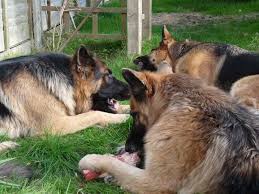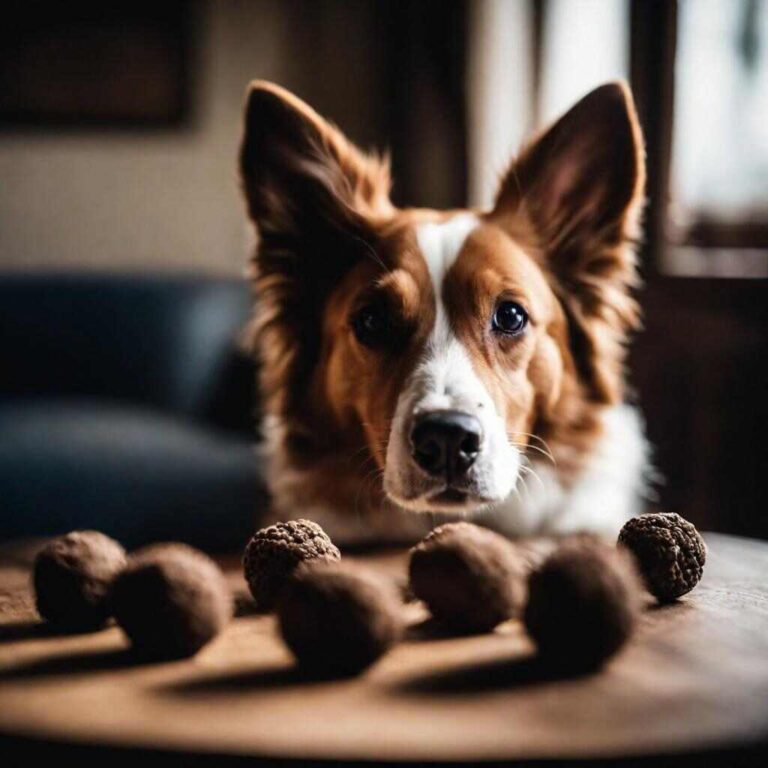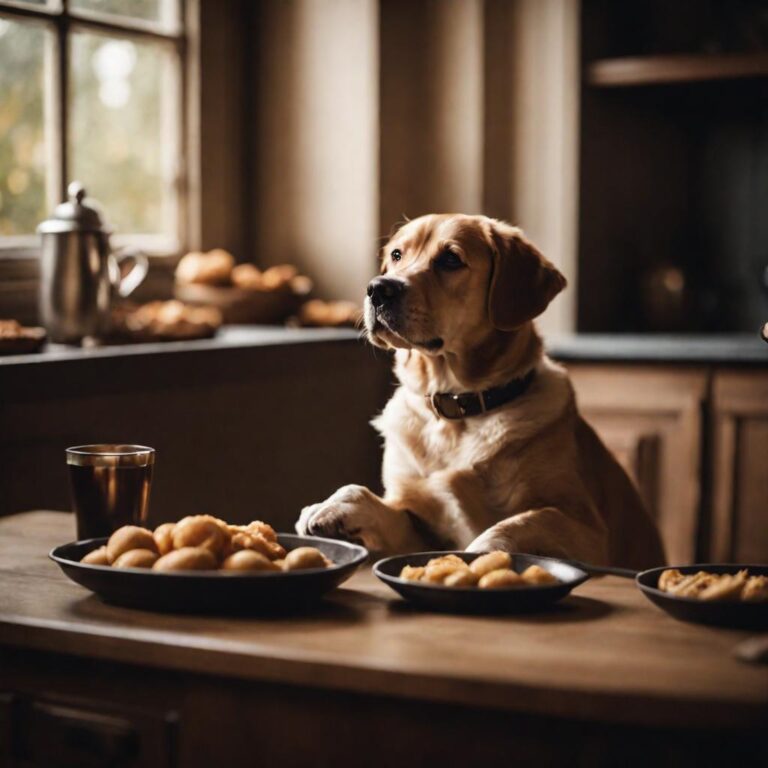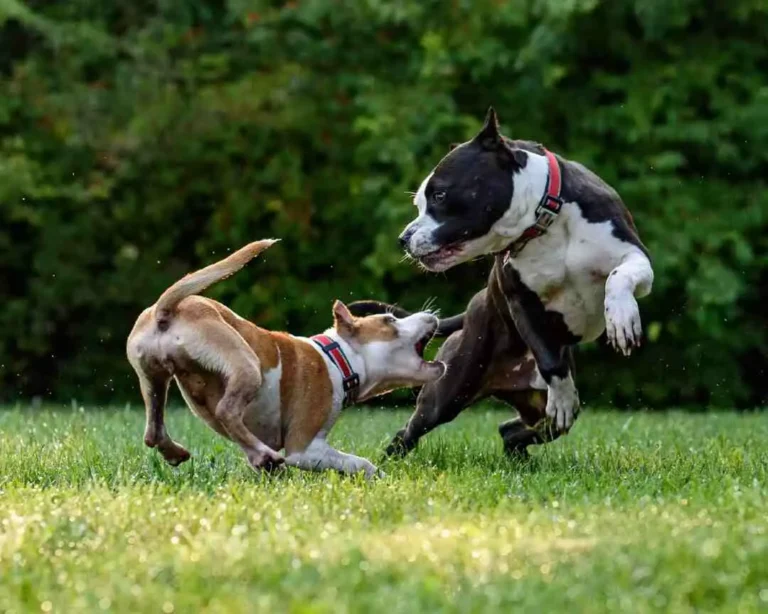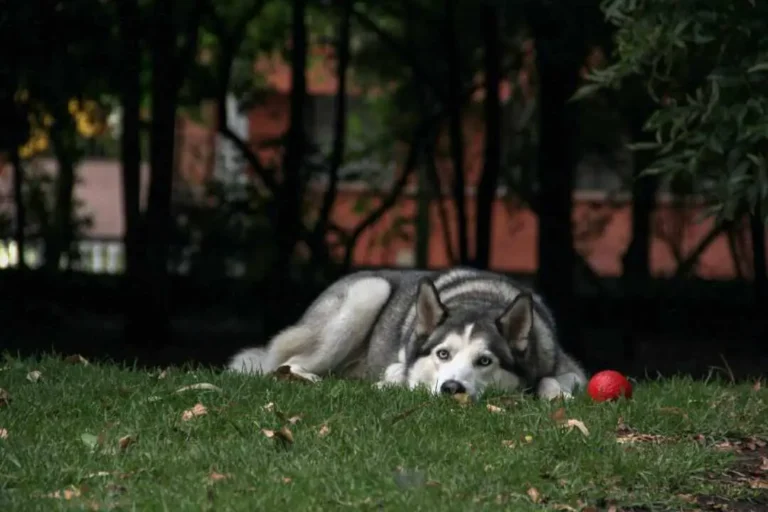Can Dogs Eat Onions?
Firstly, Onions belong to the root vegetable family -allium and they are available in white, yellow, and red bulbs and are used in a variety of recipes ranging from soups to sauces. This versatile vegetable adds a memorable flavor to meals. Onions provide flavor to many of our favorite recipes, but can dogs eat onions? What would you do if your dog ate onions?.
Breakdown of nutrients
Onion comprises of below nutrients,
- 89% water
- 9% carbohydrates (including 4% sugar and 2% dietary fiber)
- 1% protein
- Minimal fat
However, Onions have a low essential nutrient content and an energy value of 166 kJ (40 kilocalories) per 100 g (3.5 oz) and this adds a savory flavor to meals without adding much in the way of calories.
Can dogs eat onions?
Onions aren’t good for dogs and a tiny amount of them can be harmful to dogs. Moreover, Onion toxicity in dogs is proportional to the amount consumed.
Let’s look into onion toxicity in dogs in detail so you know what is onion poisoning in dogs, and what to do if your dog accidentally consumes this vegetable.
Why onions are bad for dogs?
Moreover, Onions contain organosulfur compounds, which are responsible for their unique odour and flavor. Onions contain N-propyl disulfide and thiosulfate, both of which are poisonous if dogs eat onions. These elements promote the breakdown of red blood cells, resulting in anemia in dogs, notably in specific Japanese breeds such as Akitas and Shiba Inus.
When the oxidant level inside erythrocytes exceeds the cell’s antioxidant metabolism capability, a situation known as oxidative hemolysis occurs, affecting oxygen delivery.
In addition, it binds to the oxygen molecules in your dog’s red blood cells, the toxin causes oxidative damage to his red blood cells. As a result, this decreases red blood cell capacity to transport oxygen and causes red blood cell membranes to break and be destroyed. As a result hemolytic anemia will occur if dogs eat onions.
How much onion is toxic to dogs?
Many factors, including the amount consumed, the dog’s size, and other biological characteristics, influence how much onion it takes to create issues in your dog.
AKC has mentioned some stats and facts about onion toxicity in dogs.
The smaller the dog, the higher the risk – while a tiny amount of onion may not damage a 150-pound mastiff, it can create significant health problems if 10-pound Chihuahua dogs eat onions.
In dogs, 15 to 30 g of onion consumption per kg of dog weight has resulted in significant hematologic changes. Onion toxicity has been observed in dogs who consume more than 0.5 percent of their body weight of onions at a time.
Which parts of onions are bad for dogs?
All components of the onion plant including juice, stem, leaves, and processed powders can cause onion poisoning if dogs eat onions. Onion and garlic powders are more powerful than raw onions, which is especially concerning given their prevalence in human diets. White onions, yellow onions, red onions, and green onions are all toxic to dogs.
Can dogs eat cooked onions?
No. Dogs shouldn’t eat Cooked or fried onions or onion rings. Cooking or frying them has no effect on how toxic they are because they include extra fat and spices, making them much more harmful to your dog.
However, Cooked onions had no effect on reducing the amount of N-propyl disulfide in onions.
What happens if a dog eats an onion?
Toxicity might occur fast if your dog eats a large number of onions or similar foods in a short period of time.

However, the below symptoms are more likely to occur a few days after consumption.
- Loss of appetite
- Reddish urine
- Diarrhea
- Loss of coordination (ataxia)
- Lethargy
- Pale gums
- Elevated heart rate or respiratory rates
- Vomiting
- Fainting
- Abdominal pain
- Decreased stamina or even fainting after or during exercise
- Discolored urine
Therefore a dog suffering from onion poisoning may undergo renal failure or possibly death if not treated.
What to do if your dog eats onions?
Dogs will most likely recover if dogs eat small onion pieces or at a moderate level, but severe poisoning can be a worse situation, mainly if not treated on time.
If you suspect your dog has consumed an excessive amount of onions or garlic, you should take him to the veterinarian right once, even if there are no direct symptoms.
Toxicity from onions can be deadly so the sooner you get your dog to the clinic, the better the results, and you may avoid onion poisoning in the future by putting onion plates out of reach of curious noses.
Treatment
If the poisoning is still recent and mild, vomiting may be induced and activated charcoal will be fed to the dog to decrease absorption in the gastrointestinal system.
Your vet may also wash and dry your dog after this initial course of therapy to reduce the chance of skin infection. After that, the veterinarian will advise you to keep an eye out for indications of anemia in your dog over the following few days and may prescribe a low-oxidant diet.
If your dog has eaten a large number of onions in the worst case then your dog may need to be admitted to a veterinary facility for a period of time.
A urinalysis will be performed to test for increased hemoglobin in the urine and blood work to look for Heinz bodies on red blood cells. However, for any queries, the ASPCA (Animal Poison Control Helpline) is accessible 24 hours a day, 7 days a week.
In addition, IV fluids will flush the bloodstream and keep the patient hydrated. Severely sick dogs will almost require supplementary oxygen to compensate for the decreased circulation of red blood cells, and a blood transfusion may be required to stabilize your dog until the bone marrow can create enough new, healthy erythrocytes. Your dog may require a blood transfusion in extreme situations.
How Can You Keep Your Dog Safe From Onion Poisoning?
If you feed your dog with human food, look for onions, garlic in the ingredient list. Even though it is dog food, carefully read the label to ensure that there is no onion content in any form. Even if your dog is asymptomatic, continued low-level dosing will make any accidental intake far more dangerous.
Similarly, Any ruined food containing onion or garlic products should be disposed of in a garbage disposal or placed in a sealed trashcan.
If you have allium species of plants like onion, garlic, etc., growing in your garden then take measures to transfer them away from your dog’s sight.
Vegetables vs Dogs
The dog’s stomach is not adaptable to all veggies. As a result, before feeding your dog, we should check out the ingredients and vegetables used in the dog food.
Foods Like Onions That Can Be Harmful
ASPCA have mentioned some of the food items that could be harmful for dogs.
This includes the below food items,
- Grapes and raisins
- Avocados
- Cheetos
- Chocolates
- Pips, seeds, and stones
- Mushroom
- Nuts
- Nutmeg
- Rhubarb
Healthy vegetables for dogs
- Kale
- Spinach
- Carrots
- Green Beans
- Broccoli
- Beets
- Celery
- Cucumber
- Brussels Sprouts
- Cabbage
- Pumpkin
- Sweet Potatoes
- Cantaloupe
Conclusion – can dogs eat onions? – No
In conclusion, vets are advised to avoid feeding any form of onions to your dog because the chemical composition present in onions are harmful to causes severe health complications to dogs.
Credit: Photos by Chepte on Pexels and Maddie on Unsplash.
